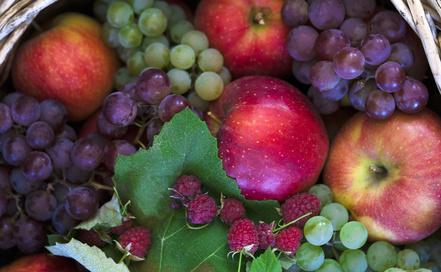 A hungry student may be one who can’t concentrate well enough to learn. Consider the National School Breakfast Program (NSBP) to address concerns about student concentration and academic performance.
A hungry student may be one who can’t concentrate well enough to learn. Consider the National School Breakfast Program (NSBP) to address concerns about student concentration and academic performance.
The National School Breakfast Program provides nutritious and low-cost or free breakfasts for U.S. schoolchildren. Eligible schools and child care facilities (public, private or residential) provide the program. The state education agency usually administers NSBP. Healthy school breakfasts contribute to the overall quality of student’s diets and their health status.
There are three kinds of meals students may be eligible for: free meals, reduced price breakfast and full price (paid) meals based upon the family’s income. Children from families with incomes at or below 130% of the poverty level are eligible for free breakfast. Those with incomes between 130% and 185% of the poverty level are eligible for reduced-price breakfast. Students can be charged no more than 40 cents for reduced-price breakfast. Children from families with incomes over 185% of poverty pay full price for breakfast. Local schools set their own prices for the full-price breakfast. You can get the income eligibility information from your local school. Most schools provide an application form at the beginning of the school year. In some states, if a family currently participates in the Food Stamp Program (also known as SNAP in some states – Supplemental Nutrition Assistance Program), Temporary Assistance for Needy Families (TANF) or the Food Distribution Program on Indian Reservations (FDPIR) submission of an application is not required. This is called “direct certification.” Contact your local school or search online for your state’s education agency for more information.
To help children get ready to learn and have access to healthy foods, promote the National School Breakfast Program.
Read more about School Breakfast Programs and Successes HERE.
Contributor
Ellen Schuster, MS, RD, University of Missouri Extension
Sources
USDA FNS – National School Breakfast Program fact sheet
FRAC – Food Research and Action Center Breakfast for Learning
Meal Sense – Income Eligibility Guidelines
